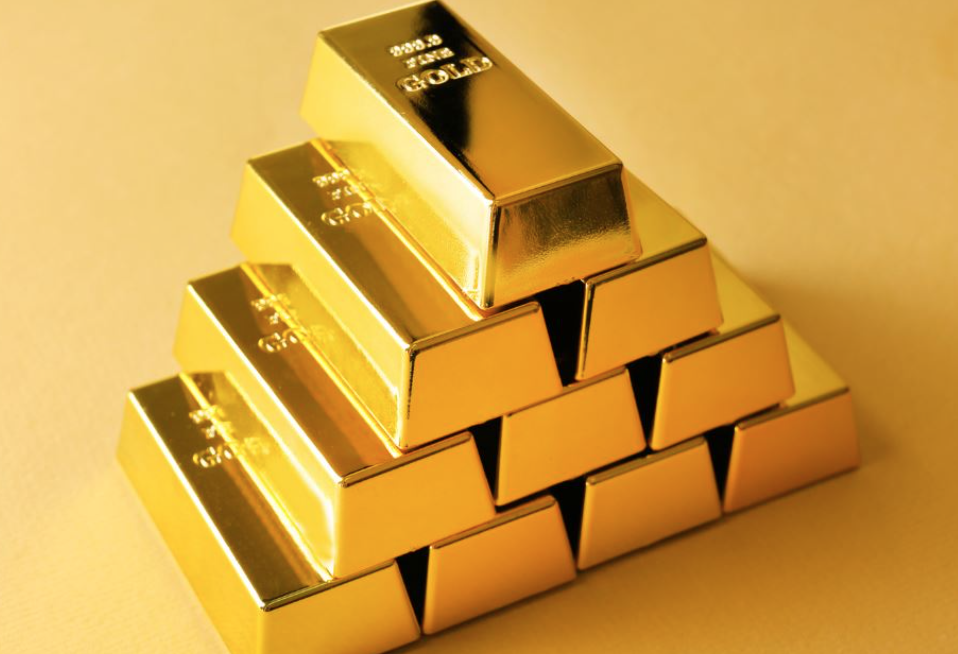Linx Finance shows the consequences and Impact of the War in the Middle East with respect to the Price of Gold.

Apr. 30 2024 – The Middle East region has long been a scene of conflicts, political tensions and wars that have had significant repercussions on the global economy. One of the financial assets most impacted by these events is GOLD, a precious metal that has historically been seen as a safe haven in times of uncertainty. The recent escalation of tensions and conflicts in the region has raised concerns about the impact on the price of gold and the future prospects for this precious metal.
The war in the Middle East has influenced the price of gold in several ways:
– Safe haven: Gold has traditionally been considered a safe haven for investors during times of conflict and geopolitical crisis. The uncertainty and volatility associated with the war in the Middle East has led many investors to take refuge in assets such as gold, which has increased its demand and therefore its price.
– Market volatility: Conflicts in the Middle East tend to generate volatility in global financial markets. Investors look for safer and more stable assets in times of uncertainty, such as gold. This additional demand can further boost the price of the precious metal.
– Impact on supply and demand: The war in the Middle East can also affect the supply and demand of gold. On the one hand, conflicts can disrupt gold production and transportation in the region, which can reduce supply and increase prices. On the other hand, economic and political uncertainty can affect the demand for gold in countries affected by the conflict.
– Inflation and currency devaluation: Prolonged conflicts in the Middle East can have significant effects on the global economy, including inflation and currency devaluation. In such situations, investors can turn to gold as a hedge against inflation and the currency’s loss in value, which can further drive its price higher.
John McAllis, refuge currency expert at Linx Finance, points out: “Gold’s trend is bullish, because small, medium and large investors are already taking positions and especially because the large buyers are central banks, which see how the world is heading towards a situation where the dollar is no longer the ideal currency as a reserve currency. In the commercial field they are already taking action by preferring that their coins be backed by gold”.
In summary, the war in the Middle East has had and will continue to have a significant impact on the price of gold due to its role as a safe haven, market volatility, changes in supply and demand, and macroeconomic effects. Investors should be attentive to developments in the region and how they can influence the gold market in the short and long term.

Media Contact
Company Name: Finews SAS
Contact Person: John Stephens
Country: United States
Website: https://www.linx-finance.com